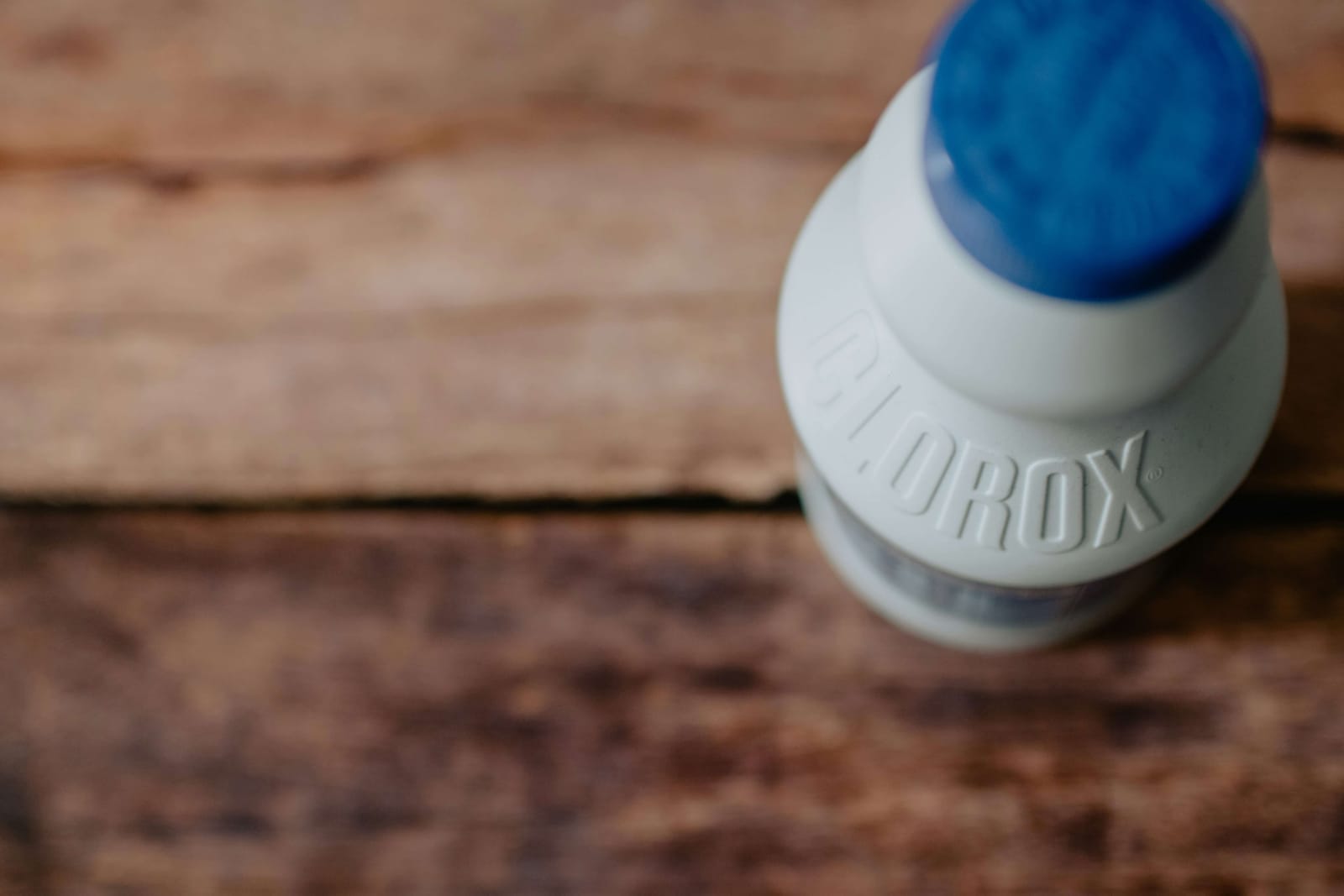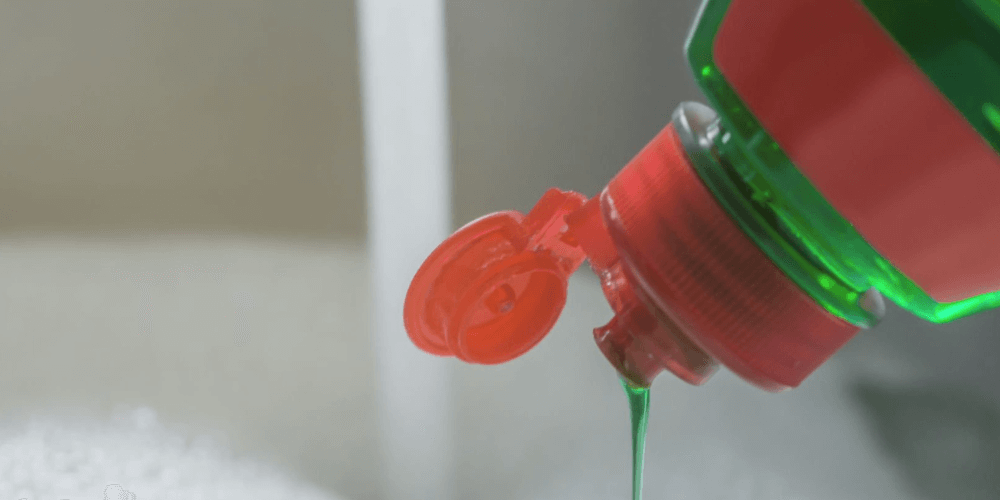Ceramic knives have become a staple in many kitchens due to their sharpness and longevity.
These knives are made from a material called zirconium dioxide, which is known for its hardness and durability.
The popularity of ceramic knives has grown significantly over the years, with many professional chefs and home cooks alike praising their superior cutting abilities.
In this micro-post, we will delve into the fascinating world of ceramic knives production, exploring the science behind their creation and the unique properties that make them a cut above the rest.
In This Article
- The Science Behind Ceramic Technology
- The Production Process of Ceramic Knives
- The Unique Properties of Ceramic Knives
- The Uses and Benefits of Ceramic Knives
- Care and Maintenance of Ceramic Knives
- Frequently Asked Questions
- Further Reading
The Science Behind Ceramic Technology
The production of ceramic knives begins with zirconium dioxide, a material that is harder than steel. This material is transformed into a knife blade through a process known as sintering, where it is heated to high temperatures until it becomes hard and dense. The result is an incredibly sharp blade that retains its edge for a long time.
But the science behind ceramic technology doesn't stop there. The zirconium dioxide used in ceramic knives is often stabilized with yttria, another ceramic material that enhances the blade's toughness. This combination of materials results in a knife that is not only sharp but also resistant to wear and tear.
The Production Process of Ceramic Knives
The production process of ceramic knives is a testament to the advancements in ceramic technology.
It begins with the shaping of zirconium dioxide into a blade. This is done through a process known as dry pressing, where the zirconium dioxide powder is compressed under high pressure to form the blade shape.
The blade is then fired at high temperatures, increasing its hardness and sharpness.
After firing, the blade is sharpened to a razor's edge, ready to make quick work of any cutting task in the kitchen.
The entire production process is carefully controlled ensuring the highest quality and performance of the finished product.
The Unique Properties of Ceramic Knives
Ceramic knives offer several unique properties that set them apart from their steel counterparts. They are incredibly hard, ranking 8.5 on the Mohs scale of mineral hardness. This hardness allows them to maintain their sharpness for longer periods.
Additionally, ceramic knives are corrosion-resistant and do not react with acidic foods, making them a hygienic choice for food preparation.
They are also non-magnetic and do not conduct electricity, adding to their safety.
Despite their hardness, ceramic knives are lightweight, making them comfortable to use for extended periods.
The Uses and Benefits of Ceramic Knives
Ceramic knives are useful in the kitchen and offer several benefits. Their sharpness and precision make them ideal for slicing fruits, vegetables, and boneless meats.
Moreover, their resistance to bacteria and corrosion makes them a healthier choice for food preparation. The non-reactive nature of ceramic knives means they won't alter the taste or smell of food, making them perfect for preparing sushi and other delicate dishes.
Despite their brittleness, ceramic knives are incredibly durable when used correctly, providing years of exceptional performance.
Care and Maintenance of Ceramic Knives
Despite their hardness, ceramic knives are brittle and can chip or break if they are not handled properly.
It is essential to use a soft cutting board to prevent chipping and to avoid using them to cut hard or frozen foods.
When it comes to cleaning, hand washing is recommended to maintain the blade's integrity.
It's also important to store ceramic knives properly to prevent damage. A knife block or sheath can protect the blade from accidental chips or cracks.
While ceramic knives can stay sharp for a long time, they will eventually need sharpening. Because of their hardness, they require special diamond dust sharpeners or professional sharpening services.
Frequently Asked Questions
How are ceramic knives made?
Ceramic knives are made from zirconium dioxide, which is shaped into a blade and then fired at high temperatures to increase its hardness and sharpness.
Can you make a knife out of ceramic?
Yes, ceramic knives are made from a material called zirconium dioxide. This material is known for its hardness and durability, making it an excellent choice for knife blades.
What is the most disadvantageous thing about ceramic knives?
Despite their many advantages, ceramic knives are brittle and can chip or break if not handled properly. They are not suitable for cutting hard or frozen foods and require careful cleaning and storage.
Where are Kyocera ceramic knives made?
Kyocera, a leading manufacturer of ceramic knives, produces its knives in Japan. The company is known for its high-quality ceramic products, including knives.
Further Reading
- Ceramic Edge Conservation: Knife Maintenance Guide: Discover the art of maintaining the unmatched sharpness and integrity of your ceramic knives with our comprehensive guide.
- Ceramic Knives: Tips and Techniques for the Modern Chef: Explore the nuances of using ceramic knives.
- Want to hone your ceramic knives to perfection? Check out the article 'How to Sharpen Ceramic Knives in 3 Ways' by MasterClass.
- If you're interested in exploring the world of ceramic knives further, check out our article on the best ceramic knives.



